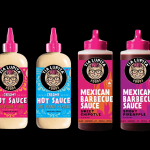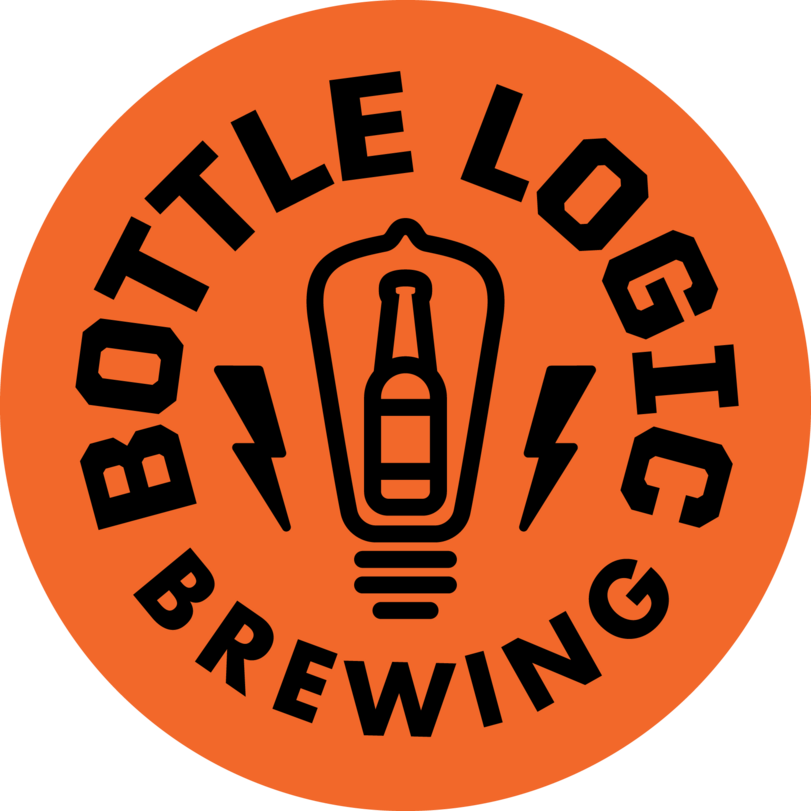Report: FDA’s Human Foods Program Lacks Vision, Leadership

The Reagan-Udall Foundation, a private, nonprofit organization that supports the Food and Drug Administration (FDA), suggested in a report released Tuesday that the FDA’s Human Foods Program “requires adequate resources, sufficient authority, and a structure and culture that breeds success” to accomplish its goal of creating a safer food system.
In July, U.S. commissioner of food and drugs Robert M. Califf charged the independent research organization with evaluating the efficacy of the structure and processes of the Human Foods Program, including the Office of Food Policy and Response (OFPR), the Center for Food Safety and Applied Nutrition (CFSAN), as well as relevant parts of the Office of Regulatory Affairs (ORA).
The call for external oversight comes after years of complaints from industry organizations over the FDA’s slow response to food safety issues and product recalls; especially after the agency was criticized for its lack of speed in dealing with the massive baby formula shortage in early 2022.
Califf was appointed in February 2022 to lead the agency and commissioned the report in July to prioritize how the FDA can modernize the program. The Reagan-Udall Foundation’s 50-page report pinpointed the need for additional Congressional funding for the Human Foods Program in order to adequately staff and resource itself and a lack of a primary decision-maker outside of the Commissioner himself.
The report goes on to suggest that this primary leader should employ a “proactive, prevention-driven strategy that is action-oriented and fosters effective and efficient decision-making,” stretching across departments as well as state, federal and international regulatory bodies in order to “leverag[e] best practices, eliminat[e] redundancy, and optimiz[e] efficiencies.”
Among many aspects of the Food Safety and Modernization Act, the report found that the structure of the FDA’s Human Foods Program “reinforces duplicative or competing roles and responsibilities, siloed work, and inadequate internal and external engagement” among the program’s three main departments: CFSAN, OFPR and ORA.
Califf responded to the Reagan-Udall report on Tuesday with a statement that his office would provide a public response to planned changes in January and February 2023 after reviewing the report and forming “a group of agency leaders to advise on how best to implement and operationalize these findings.”
He went on to say that “over the past several years, the program has been stressed by the increasing diversity and complexity of the nation’s food systems and supply chain, the ongoing impacts associated with climate change and rapid advances in the science underlying many of the foods we eat today.”
Industry organizations supported the report’s findings in statements but were clear that the changes are a long-time coming to the agency.
“Many actions in the report support critical changes Consumer Brands (Association) [has] advocated for including multiple options to appoint a deputy commissioner of foods with direct line authority over all major program components, which was also backed by numerous, diverse stakeholder groups.” said Consumer Brands Association VP of regulatory and technical affairs Roberta Wagner in a statement. “We believe both policy reform and key structural and governance changes are needed to reframe and modernize [the] FDA’s food program.”
Non-profit, advocacy organization Consumer Reports also supported the need for additional accountability in the FDA’s food safety oversight.
“Today’s report is a very encouraging first step that will hopefully translate into meaningful reform within the FDA foods program,” said Brian Ronholm, director of food policy for Consumer Reports. “We cannot afford to tolerate the status quo and let this moment go by without adopting fundamental changes to improve the FDA’s ability to protect the public and ensure our food is safe.”

















